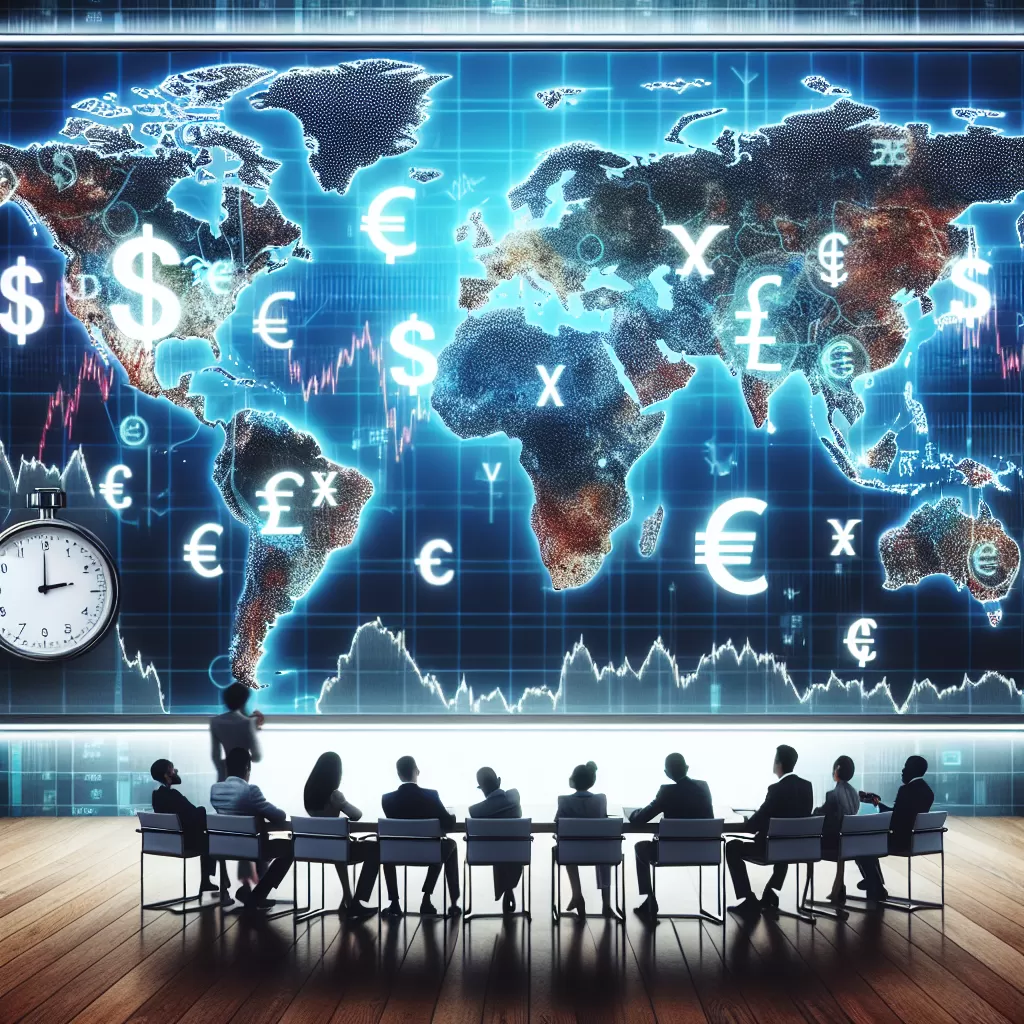How Often Do Foreign Exchange Rates Change
Follow Currency Mart April 10, 2024
Where to purchase Foreign Currencies?

Introduction
Foreign exchange rates are dynamic; they change every second of every day, creating a vibrant and volatile marketplace. The exchange rate you see one day, or even one minute, is not the same rate you will see the next. Behind this constant fluctuation lies the power of global economies, geopolitical events, and marketplace psychology.Understanding Exchange Rates
Foreign exchange rates represent the value of one country's currency relative to another's. To understand why these rates vary so often, it’s crucial to grasp the forces behind their constant changes. Several significant factors drive these changes, including interest rates, inflation rates, political stability, economic performance, and speculation.Interest Rates and Inflation Rates
Interest rates and inflation rates play an enormous role in determining a currency’s value. Central banks, which implement a country's monetary policy, have the power to adjust the interest rate levels, influencing the currency’s attractiveness. When interest rates rise, the currency tends to strengthen due to the higher returns investors can enjoy. Conversely, lowered rates might weaken the currency. Inflation follows a similar pattern; low inflation usually corresponds to a strong currency since purchasing power is maintained. High inflation can result in currency devaluation as the real value of money goes down.Political Stability and Economic Performance
Political stability and robust economic performance can attract foreign investors, boosting demand for a country’s currency and fortifying its value. On the other hand, political uncertainty or poor economic performance can lead to dwindling trust and sell-offs, consequently decreasing the currency's value.Speculation
Speculation is another significant factor. When traders anticipate a particular movement in a currency's value based on upcoming events or market trends, they act accordingly, driving the currency value up or down.Marketplace Psychology
Marketplace psychology can also influence exchange rates. For instance, if investors believe that a currency will strengthen, they'll purchase more of it, causing demand to rise, pushing its value upwards.The Role of Forex Market Players
Several players participate in the Forex market, influencing exchange rates. These include banks, hedge funds, and individual investors. Banks form the backbone of foreign exchange as they buy and sell vast amounts of currencies daily.How Often Do Foreign Exchange Rates Change?
Foreign exchange rates change constantly. This constant change is due to the decentralized nature of the Forex market, which operates twenty-four hours a day, five days a week. It's a highly liquid and volatile market, accounting for over $5 trillion in daily transactions.Implications of Constant Change
This constant fluctuation has several implications. For businesses involved in international trade, variations in exchange rates can drastically impact costs and margins. For casual travelers, rates can influence the cost of travel and purchasing power abroad. Consequently, it is essential always to stay updated on exchange rate movements.Conclusion
Understanding foreign exchange rates and their constant changes is fundamental for businesses, investors, and individuals alike. Although rates change frequently, understanding the factors that drive these changes can offer predictability and allow one to make informed financial decisions. As the Guardian of foreign exchange, I stand here to help you navigate this realm of dancing numbers and transforming values. In the volatile world of foreign exchange, knowledge alone can pave the way for a successful journey.
Where to purchase Foreign Currencies?